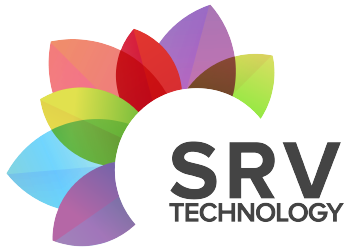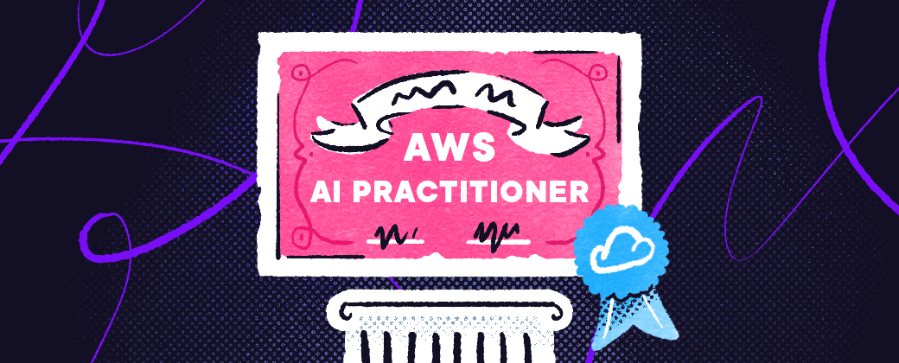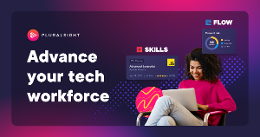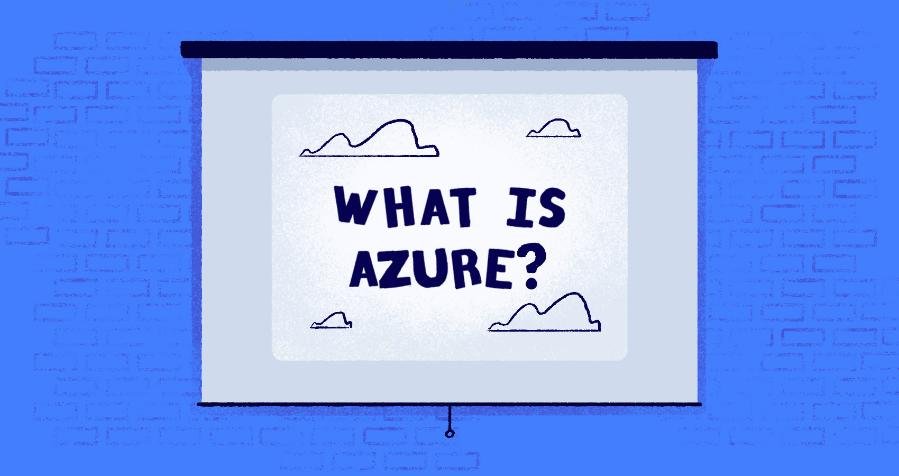Should AWS’s infamously tough AI certification, the MLS-C01, really be the only offering at a time when everyone is trying to learn more about AI?
Full admission: right now, I’m on an upskilling journey. Inspired by the likes of Winston Smith, Sharon Prince, and Caitlin Carpenter, I’ve decided to collect every AI certification I can. If Sharon Prince can get all 11 AWS certifications in three months, and Winston Smith can go from phone sales to an AWS architect, I’m confident I can follow in their footsteps.
Studying Azure’s certifications have been incredibly rewarding. I started with the AI-900 Azure AI fundamentals, and moved on to the AI-102: Azure AI Engineer Associate. Naturally, I want to replicate this in AWS, being the cloud marketing leader. I’m eager to get my hands dirty with Amazon Bedrock and Sagemaker, and get a certification for it — I’m a sucker for a piece of paper.
There’s just one problem. I look up what’s available, and there’s just the MLS-C01. Okay, so how hard could it be? I check the reddit threads:
“This exam is brutally hard, unless you are an ML Engineer, or need it for work purposes (promotion, better paying job).”
“Machine Learning by far, this one slowed me down. I was completing about 1 (certificate) a month but needed 6 months for ML.”
“It was a difficult exam that I took almost the entire allotted time on. Studied off and on for 8 months for AWS ML Speciality exam. Currently studying Computer Science with a speciality of Machine Learning at Georgia Tech.”
“The ML certification is a beast in difficulty due to so much material not being AWS platform specific and use cases are more relevant to actual hands on use.”
In my opinion, this is a problem.
Where do you jump on the AWS bandwagon?

Naturally, when you want to learn about AI and the cloud, people want to focus their efforts where they’re going to get the most bang for buck. AWS is the market leader in the cloud, so it makes sense to see what they have to offer before, say, Google Cloud Platform. I don’t have anything against GCP, it’s simple career arithmetic: if AWS has 32% of market share, and GCP has 10%, your odds of having a company-relevant certification is three times more likely if you choose AWS.
Ease of access matters in the current climate. Right now, 69% of people are worried about AI taking over their job, including 45% of developers. U.S. President Biden announced an executive order aimed at upskilling technical and non-technical staff in AI as well. The message was clear: even if you’re in management, procurement, legal, or working in administrative duties, they want you to upskill in AI.
So at a time when things are “AI or die”, why make your only AI-specific certification so hard that you need several months to learn it, or need to be an industry expert to pass it?
Not having a beginner or intermediate certification misses an opportunity to onboard folks who are interested in AI and are looking for a staggered learning curve with tangible, provable rewards.
Why pieces of paper, as well as skills, do matter
In 2020, I decided to go back to university for a second time to study IT part-time. There were a lot of reasons: I wanted to gain a better grasp of any programming fundamentals I’d missed to build better games, I felt it would help with my career working in tech, and my wife was doing it too, so it made sense to study together.
Four years later, we both agree it was a colossal mistake. I’ve learned more from building hands-on and studying on Pluralsight than I have in nearly half a decade of sitting in digital classes, but we’re both determined to finish.
Why? The piece of paper. There’s something incredibly attractive about having a second degree on the wall. It’s something that gets the endorphins running.
I asked a friend of ours what he studied at university for his degree, once. He said “Which one?” with such a casual air, and it just radiated cool. I imagine I’ll only get to do that once every ten years (after all, who asks?), but it’s enough to stick it out — that, and the principle of sunk cost.
That’s why even though AWS does offer a ton of learning paths for beginners and intermediates, in my opinion it’s not a perfect substitute for a certification. That said, the certification needs to mean something more than sitting and watching a video for two hours on how to write a prompt in Gen AI.
Some folks might call this being a cert chaser. As if this were a bad thing! Learning and staying on top of services is never a waste of time. Plus, you learn a lot through the process.
Democratizing AI for all
There’s two things I really love about the two Azure AI certificates. One, they’re staggered to be accessible — you can start with the AI-900 Azure AI Fundamentals and brush up on things like Natural Language Processing, vector-based embedding, tokens, and all that good stuff. Then, you can take the AI-102 and get into actual use cases with API and SDK usage.
This is a nice change of pace from certifications that only cover really basic subject matter like “Getting started with generative AI” (Hint: It’s probably prompt engineering), signing up for a university course (Sure, I’ll give up another one to three years of my life and pay $23k — not), or going all in with something like Artificial Intelligence Engineer (AIE) certification by ARTiBA (Minimum requirement is an associate degree in IT and two years work experience, oof.)
There’s a phrase I love from Axel Sirota’s courses for the AI-102 when referring to what Microsoft has done with Azure AI Services like Azure AI Vision and AI Speech, by providing all the benefits of AI for everyday developers.
“Previously, these models were too complex to be used, developed, or maintained by anyone other than research scientists. “When Azure provided a simple API that can perform all these tasks, effectively democratizing AI for all.”
This really resonated with me. As I’ve studied for the AI-102, suddenly the veil was lifted. Things like building my own machine learning, or calling it in my code, weren’t this mysterious thing anymore, but really quite simple. Accessible. I’d used Rstudio to study machine learning, but now it all really clicked.
Hands up if you’ve ever ignored the recommended requirements
… At least when it comes to years of hands-on experience. It’s sort of a catch-22: “We recommend you have at least two years of hands-on experience in AI to take this certificate.” However, to get a job that allows you to leverage that experience, you often need a certificate to prove you know about the services and how to use it.
I don’t think anyone looks at these and goes “Guess I’ll go away and play in AWS for two years on my own account, then come back when I’m ready.” If they do, this isn’t exactly time effective. After all, if Winston Smith had paid attention to the AWS requirements, he would probably still be working in a bowling alley and instead is a full fledged cloud architect. Hands-on labs are the answer here.
Spoiler alert: I’m still going for the MLS-C01… eventually
I’m on a mission, and by all accounts it’s doable — I want that piece of paper too badly. I’ll brush up on random forests, XGBoost, and Amazon Polly, right after I’ve finished some other AWS certs first. One thing Azure doesn’t offer is a specialty certification for AI, and as I said before, AWS is the market leader.
But taking a segway into the kinder Azure AI certifications even before this seemed like a no brainer, which makes me wonder how many other learners are being exposed to the Azure ecosystem before AWS, simply because of the ease of access and allure of the AI-900 Azure AI Fundamentals?
Please, Amazon, consider adding an “AI Practitioner” to go with your “Cloud Practitioner” certification. It would help a lot of people onboard onto your world-leading cloud platform, and get their feet wet with AI.
Anyway, I’m off to get my next certificate. In the words of one Pokémon trainer: Gotta catch ‘em all.
source: pluralsight.com





.jpg)




.jpg)